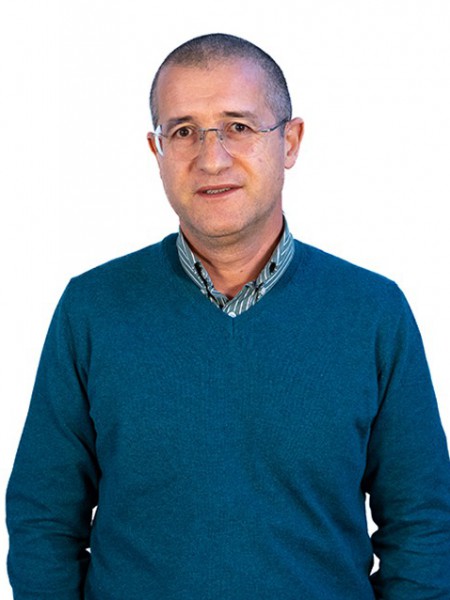resumo
In recent years a high demand for natural ingredients with nutraceutical properties has been witnessed, for which the development of more environmentally-friendly and cost-efficient extraction solvents and methods play a primary role. In this perspective, in this work, the application of deep eutectic solvents (DES), composed of quaternary ammonium salts and organic acids, as alternative solvents for the extraction of cynaropicrin from Cynara cardunculus L. leaves was studied. After selecting the most promising DES, their aqueous solutions were investigated, allowing to obtain a maximum cynaropicrin extraction yield of 6.20 wt %, using 70 wt % of water. The sustainability of the extraction process was further optimized by carrying out several extraction cycles, reusing either the biomass or the aqueous solutions of DES. A maximum cynaropicrin extraction yield of 7.76 wt % by reusing the solvent, and of 8.96 wt % by reusing the biomass, have been obtained. Taking advantage of the cynaropicrin solubility limit in aqueous solutions, water was added as an anti-solvent, allowing to recover 73.6 wt % of the extracted cynaropicrin. This work demonstrates the potential of aqueous solutions of DES for the extraction of value-added compounds from biomass and the possible recovery of both the target compounds and solvents.
palavras-chave
AQUEOUS-SOLUTIONS; IONIC LIQUIDS; ENHANCED EXTRACTION; CHOLINE CHLORIDE; GREEN; FLAVONOIDS; ADDITIVES; ACIDS
categoria
Biochemistry & Molecular Biology; Chemistry
autores
de Faria, ELP; do Carmo, RS; Claudio, AFM; Freire, CSR; Freire, MG; Silvestre, AJD
nossos autores
Grupos
G4 - Materiais Renováveis e Economia Circular
G5 - Materiais Biomiméticos, Biológicos e Vivos
Projectos
agradecimentos
This work was developed within the scope of the project CICECO-Aveiro Institute of Materials, POCI-01-0145-FEDER-007679 (FCT Ref. UID /CTM /50011 /2013), financed by national funds through the FCT/MEC and when appropriate co-financed by FEDER under the PT2020 Partnership Agreement. FCT is acknowledged for funding the project DeepBiorefinery (PTDC/AGR-TEC/1191/2014), MultiBiorefinery (POCI-01-0145-FEDER-016403) and Alentejo 2020 ValBioTecCynara (ALT20-03-0145-FEDER-000038), for the C. Freire contract (IF/01407/2012) and for the A.F.M. Claudio post-doctoral grant (SFRH/BPD/110825/2015). M.G. Freire acknowledges the European Research Council (ERC) for the starting grant ERC-2013-StG-337753. E.L.P. Faria acknowledges financial support from CNPq for the PhD grant (200908/2014-6).







